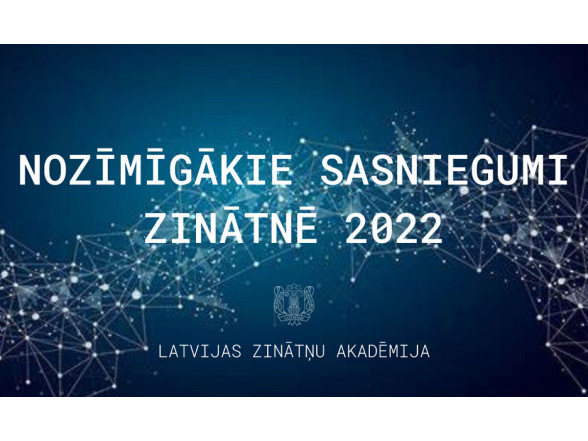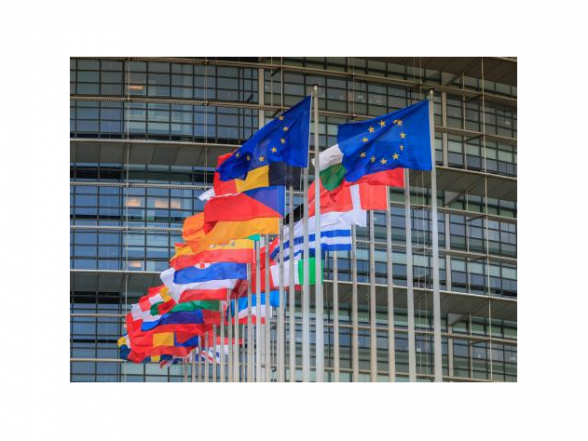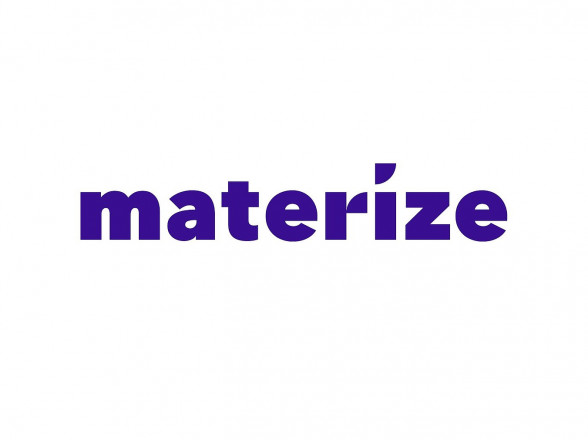The Latvian Academy of Sciences (LAS) has announced the winners of the annual competition of the most significant scientific achievements in Latvia in the year 2022. Fifty-five applications were evaluated in the competition: 16 – in natural, medical and health sciences, 13 – in material and engineering sciences, 22 – in humanities, arts, and social sciences and 4 – in agricultural and forestry sciences. Twelve works representing the main directions of science have been named as the winners of the annual competition, and among them – two were authored and co-authored by researchers from the ISSP UL:
- Chromatic materials for smart windows and zero-energy buildings.
Authors: Dr.habil.phys. Juris Purāns, Dr.phys. Ilze Aulika, Dr. phys. Boris Polyakov, Dr.phys. Mārtiņš Zubkins from ISSP UL, and Dr.habil.phys. Smagul Karazhanov from Department for Solar Energy Materials and Technologies, Institute for Energy Technology, Norway.
New single and multi-layer transition metal oxide (TMO) ReO3, ReO3-WO3, ReO3/WO3, WO3/Cu/WO3, Zn-Ir-O and rare-earth metal oxy-hydride (REHO) YHO thin films were developed and fabricated using the advanced Reactive High Power Impulse Magnetron Sputtering (R-HiPIMS) technique and industrially scalable roll-to-roll (R2R) technology for applications in Smart Windows (SW). Rare-earth metal oxy-hydride (REHO) thin films are a new class of inorganic mixed-anion materials, demonstrating a remarkable photochromic effect and light-induced resistivity change at room temperature and ambient pressure. In addition, a superconducting filament effect is shown in Y-O-H and yttrium hydrides.
- An innovative amphoteric decoupled electrolysis - a simple concept to split water and produce H2 with high efficiency, cheaply and safely.
Authors: Dr.phys. Mārtiņš Vanags, Mg.sc.ing. Guntis Kučkovskis, Mg.chem. Juris Kostjukovs, Mg.sc. Laimons Jēkabsons, Dr.phys. Anatolijs Šarakovskis, Dr.phys. Krišjānis Šmits, Mg.phys. Līga Bikše, Dr.sc.ing. Andris Šutka. RTU Institute of Materials and Surface Technologies and the Faculty of Chemistry of the University of Latvia, Institute of Solid State Physics, University of Latvia.
Renewable energy plants are characterized by variable loads and operational interruptions. Traditional grid transmission systems are not designed to transmit intermittent power. Water electrolysis for hydrogen (H2) production has significant advantages in energy management and the efficient use of renewable energy. Membrane electrolysis equipment used so far has several disadvantages, namely, limited water-splitting efficiency, high cost and low durability. This innovative amphoteric decoupled water electrolysis is a simple concept to split water and produce H2 with high efficiency, cheaply and safely, without using membranes or other auxiliary devices. The method will make possible the widespread implementation of electrolysis in the production of H2.



